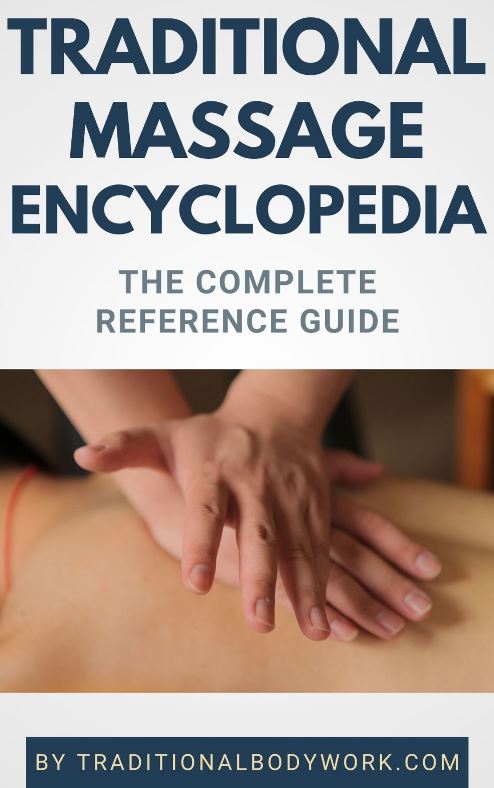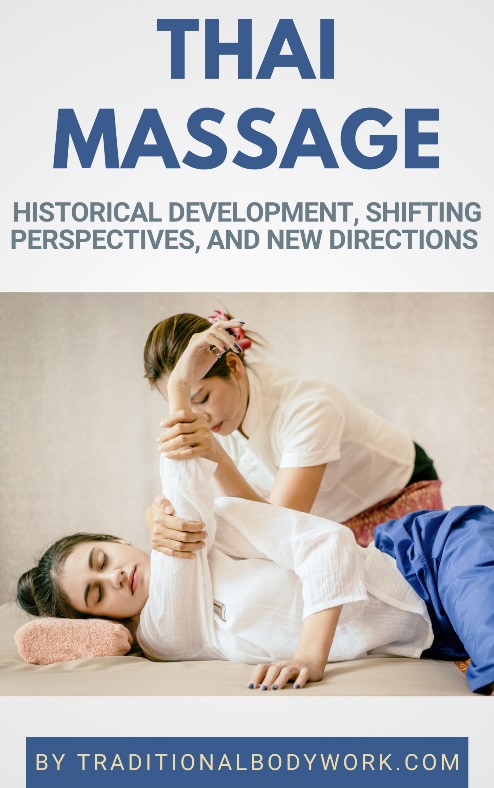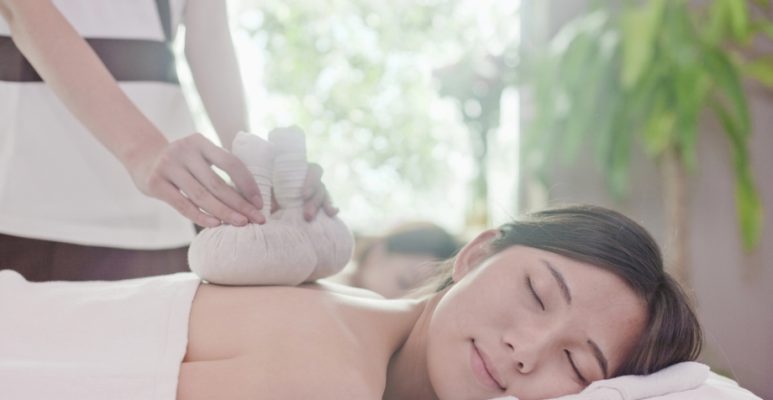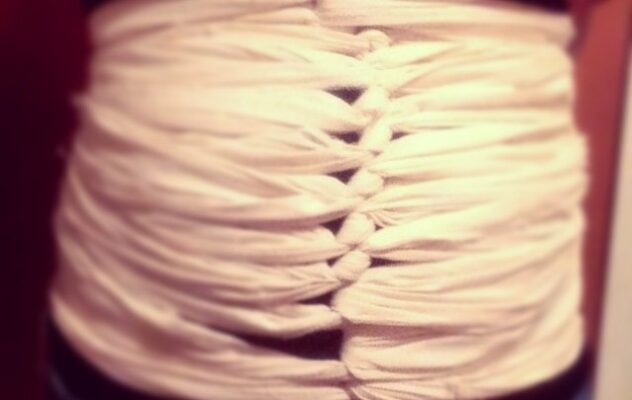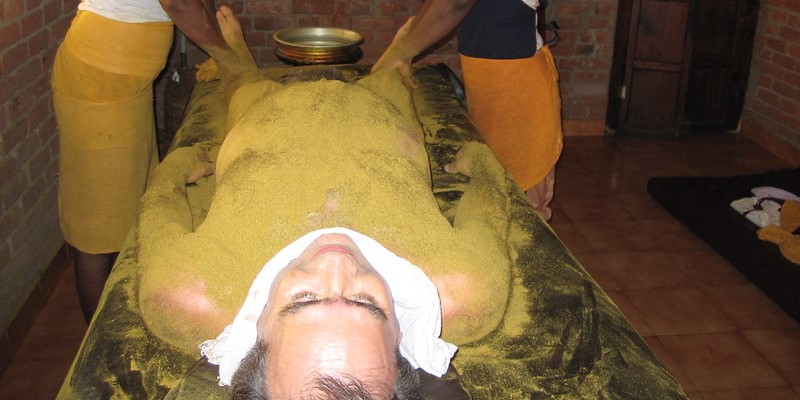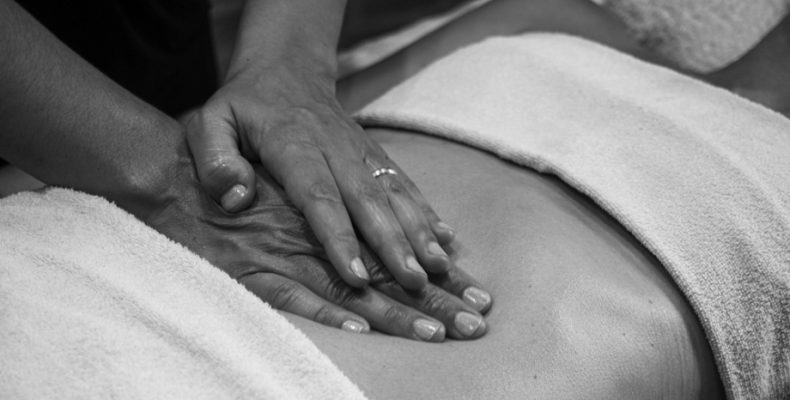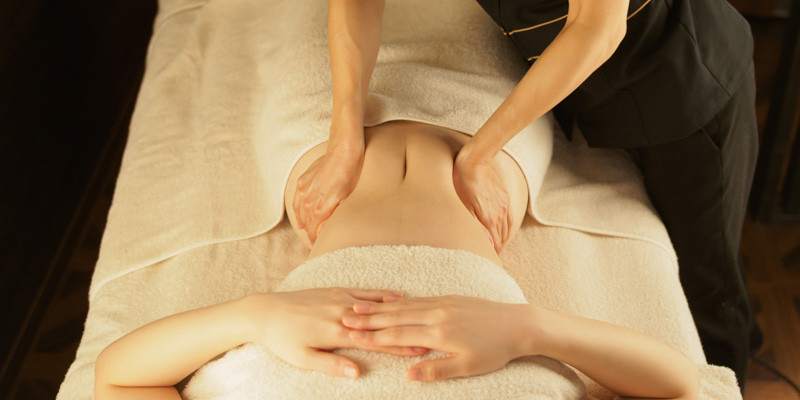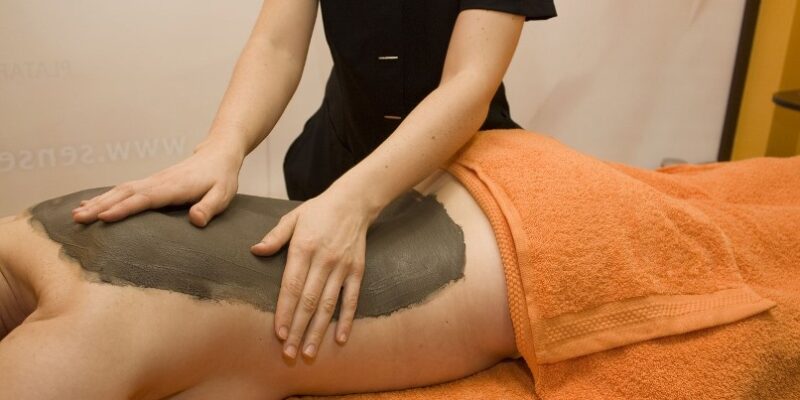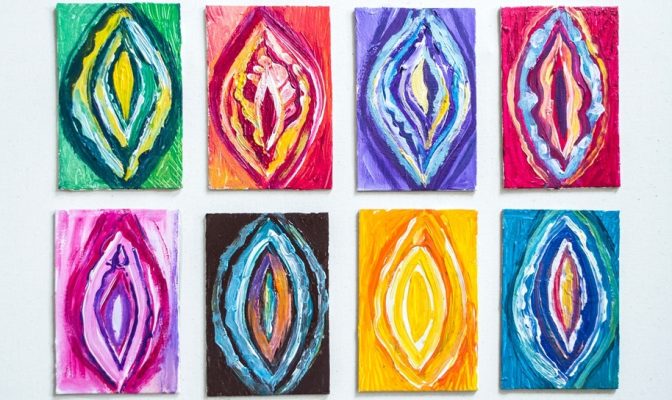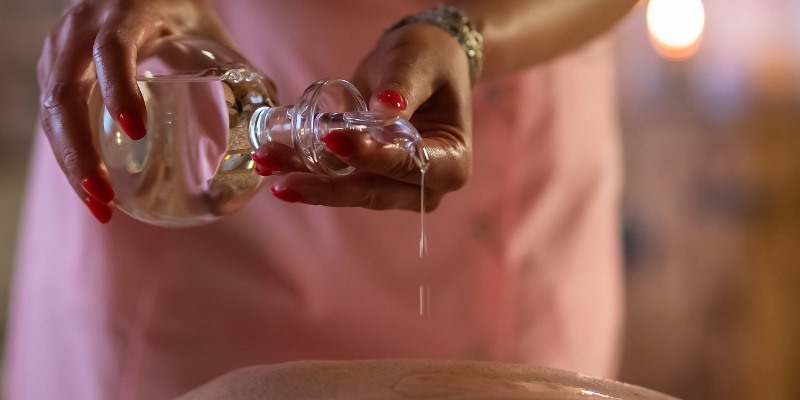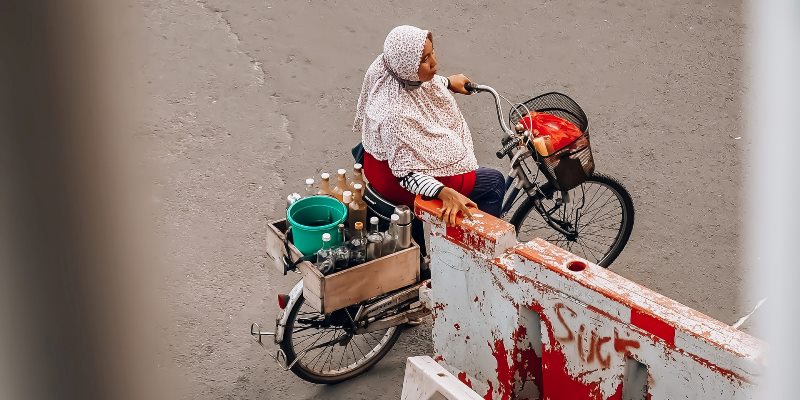
Jamu (or Djamu) is the name for Indonesian Traditional Herbal Medicine used to maintain health and to treat specific diseases. It’s still a very popular practice both in rural as in urban areas, and it’s used alongside modern medicine practices.

Herbal medicine knowledge of Indonesia (herbalism) is strongly influenced by Indian Ayurveda, but with many local additions due to the vast number of Indonesian islands, and subsequently the different plants and herbs that are indigenous to the various parts of the archipelago.
The common components of Jamus are the roots, flowers, seeds, bark, leaves and fruits of plants, but other materials, such as parts of animals or minerals, may be used also. Traditionally, Jamu is practiced by indigenous folk healers or Shamans (Dukuns). Apart from using Jamu for straightforward herbal applications, Jamu also has spiritual connotations, being prepared or applied while using mantras, chants, or prayers.
Yet, Jamu also found its way prominently in a range of massage modalities, for instance, those applied in the postpartum confinement period, such as the Jamu Postnatal Massage. Here you’ll find the use of specific Jamu preparations, such as Jamu Tapel for the abdomen, Jamu Pilis for the forehead, and Jamu Param for other parts of the body.
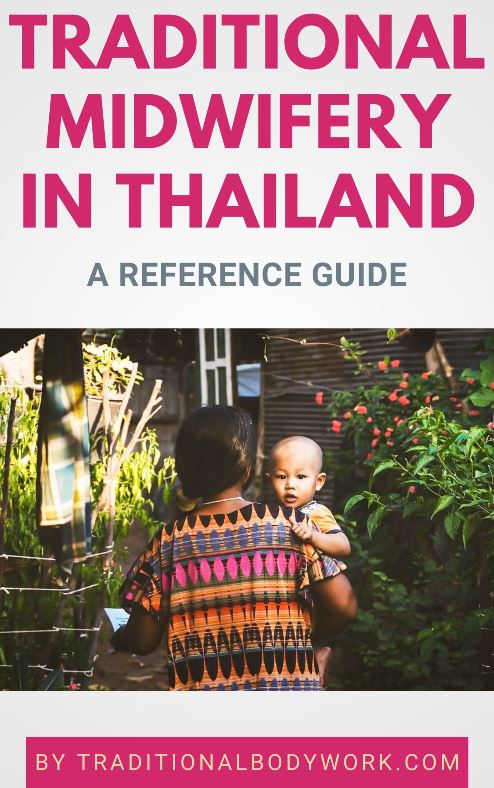
Jamu herbal pastes are also widely used in so-called Abdominal Binding practices, such as in Malay-Indonesian Bengkung. Today, the use of Jamu has also become a modern Spa and Wellness modality, the word Jamu being used for a range of “new” treatment modalities, such as Jamu Slimming Massage, Jamu Detox Massage, and Jamu Tummy Massage, among other “trendy” labels.
Traditionally, the wide range of Jamu herbal mixtures are very often prepared, sold, and prescribed by (older) women on the streets and markets, making Jamu a popular self-care and self-healing practice. Ready-to-use Jamu is usually available in the form of lotions, creams, powders, pills, capsules, and herbal drinks.
Additionally, Jamu herbal medicine products have increasingly become rather commercialized commodities, being produced in factories by Indonesian companies, and sold in supermarkets, pharmacies, and drugstores.

